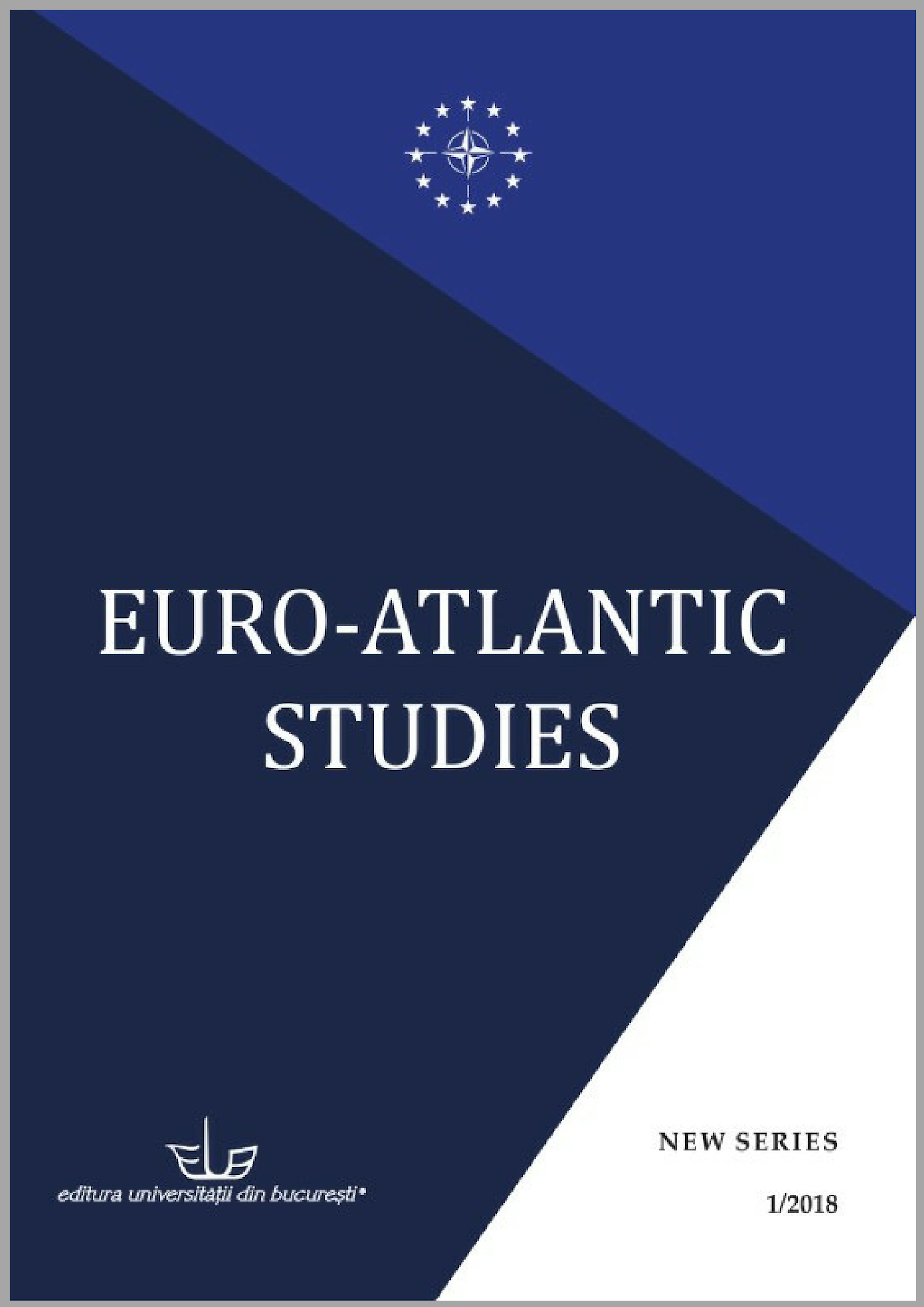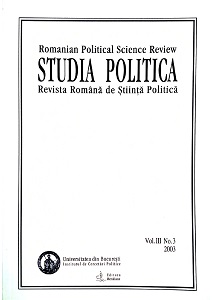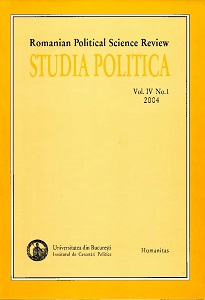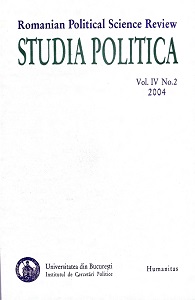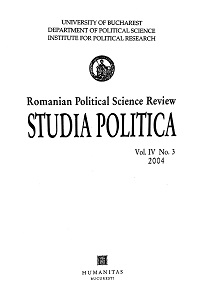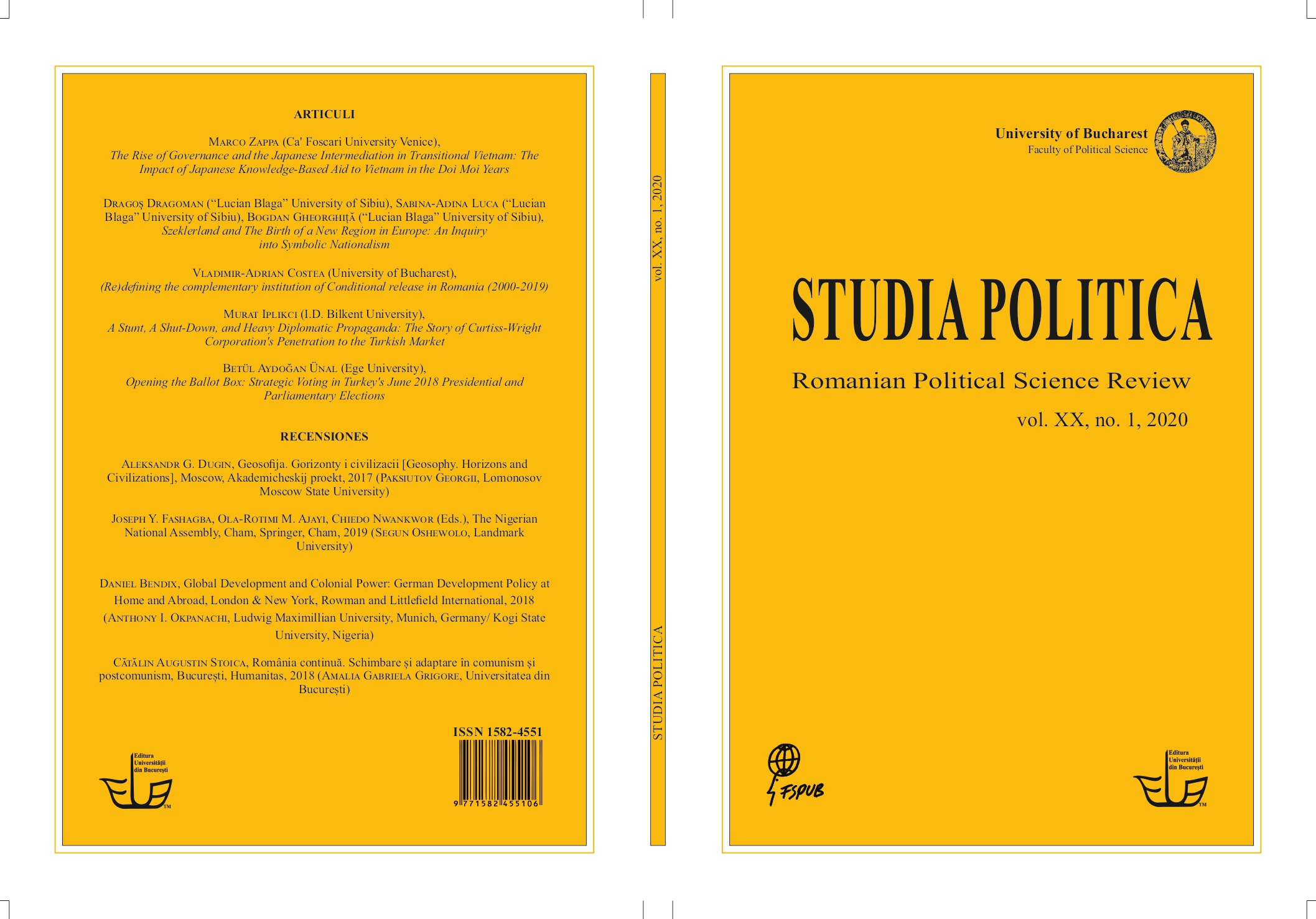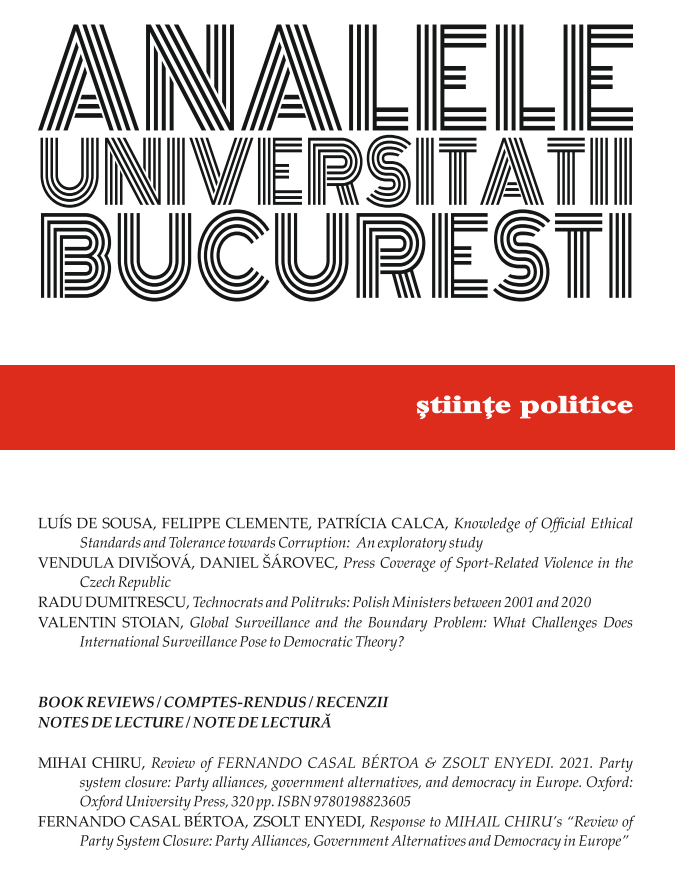Syria’s Global War and Beyond: Will the Balance of Power in the Middle East be Restored?
This paper analyses the Syrian conflict since 2011 in the context of the larger Middle East, focusing on local, regional and global actors. The first section highlights some geopolitical and historical factors regarding Syria. The second part outlines post-Cold War US and Israeli strategic debates on Syria and the Middle East. It is argued that the behavior of the US in the Syrian conflict since 2011 underlines the continuing significance of US-led regime change agendas as initially associated with the so-called ‘neoconservatives’ and near unconditional US backing of Israel’s regional strategic objectives. The third section examines how local conflicts in Syria, since 18 March 2011, became transformed into a lengthy global war over world order during which the US challenged Russia’s long-standing geopolitical patronage of Syria’s political leadership. The interaction between military and political factors and the manner in which the crisis narrative was managed in the western media system is also sketched. Finally, the fourth section focuses on the theory of ‘peripheral realism’ and offers a discussion of this theory’s concept of state hierarchy applied to the Middle Eastern context. It is suggested that the war in Syria serves to destroy the existing regional state hierarchy and regional state’s potential capacity for upward mobility in the global state system.
More...
